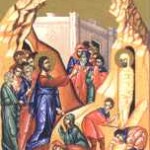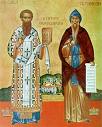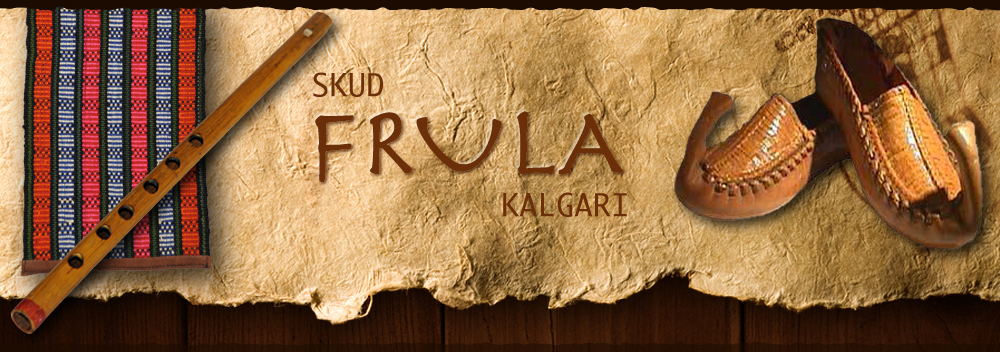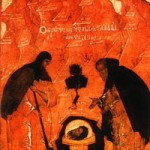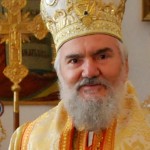 “Destroy this temple, and in three days I will raise it up!” (Jn. 2:19)
“Destroy this temple, and in three days I will raise it up!” (Jn. 2:19)
Thus says the Lord to those who turned the temple into a place of business and he drove them out!
For the God’s Church is a holy place, and not a place for commerce nor “business”, which is
unfortunatly, often ascribed to the Church. Our great Ivo Andric said: “People are not as bad as bad people think they are”.The bad see everything as bad.
The Lord Jesus Christ founded His Church in three days of suffering and pain on the Cross, and by his glorious Resurrection. This is a lesson for us from the Creator Himself for suffering and misfortune awaits us. ” In the world you will have tribulation; but be of good cheer, I have overcome the world.” For this reason we pray for peace in the whole world and for the protection of God’s holy churches, and the stability of God’s holy churches and the union of all”.
It is for us to do, but it is for God to perform miracles. We must abide by what Church has prescribed and not to involve ourselves in what Church has forbidden. It is for us to be witnesses even at the cost of sacrifice, for it is only then that we are pillars of Church which God has founded. And when we have done everything, it remains for us, together with St. Basil to pray and recite that wonderful prayer after Communion: “Completed and perfected, so far as is in our power, O Christ our God, is all the mystery of thy dispensation, for we have had the memorial of thy death, we have seen the type of thy Resurrection, we have been filled with thine unending life, we have enjoyed thine inexhaustible bounty, which is also in the age to come be pleased to vouchsafe us all, through the grace of thy Father, who is without beginning, and of thy holy, and good, and life-creating Spirit, now and ever and unto the ages of ages. Amen.”
At the Mystical Supper, prior to His suffering, Christ the Lord informed his disciples, and through them to us, to do acts of love in His memory. Then He said: “Whoever therefore breaks one of the least of these commandaments and teaches men so, shall be called least in the kingdom of heaven; but whoever does and teaches them, he shall be called great in the kindom of heaven” (Matthew 5:19). How much of an effort do we make to be great in the Kingdom? Little, very little.
If we comprehend the Holy Liturgy as it has remained from St. Basil the Great, we will know to watch out for those who would like to change it according to their intellect.
In these days preceding the Resurrection, we should reflect on this great gift from God. If we perceive Christ in His suffering, then we will easily rejoice in Him in the glory of the Heavenly Father. With the prayers of our Most Holy Patriarch Irinej, and our prayers that he leads us in a Christ-like manner in the Serbian Church of Saint Sava, we have send the Paschal greeting: CHRIST IS RISEN!
Your Intercessor before the Resurrected Lord,
Bishop Georgije of Canada


